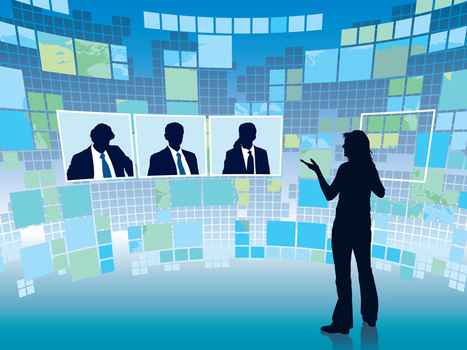Everybody is talking about 'data is the new oil' aka big-data. SoLoMo (social local mobile) is the battle cry of the day. Human-machine interfaces are rapidly evolving and may quickly become commonplace (think Google Glasses, MSFT Kinect), artificial intelligence is the geek-phrase-of-the-day, and Kurzweil says the singularity is near/here. So how will our world really change in the next 5 years, i.e. the way we communicate, get information, create, buy and sell, travel, live and learn? What are the biggest threats and the hottest opportunities - not just in financial terms, but also in societal and human terms? Futurist Gerd Leonhard will share his foresights and explore the key 'networked society' scenarios"
Via
Szabolcs Kósa  Your new post is loading...
Your new post is loading...
 Your new post is loading...
Your new post is loading...











I've been a fan of Gerd for a little while; he always has some great food for thought...
Gerd is easy to listen to, and he talks about data as a resource that has to be refined in order to be useful (just like you can't take crude oil out of the ground and put it in your car).
He talks about inferred data that Google gets about you through your searches--you're looking for info on a disease or certain symptoms? Bet you've got it, even if you haven't told anyone yet. Google knows.
Gerd says that we should create an ecosystem so that data pays for itself--if you take out more than you put in, the ecosystem eventually fails. Create an ecosystem around data that takes care of itself and keeps itself replenished. Big oil never takes care of fixing the atmosphere; it keeps sucking the money out of oil without taking care of the world, and so the movement is away from oil use.
There needs to be an information economy. Think globally.